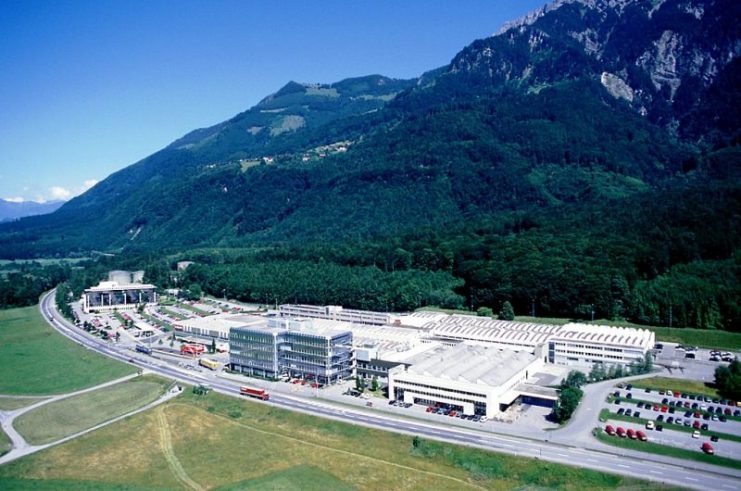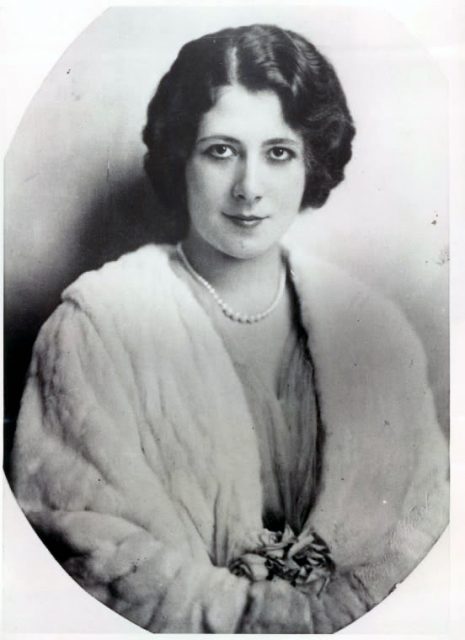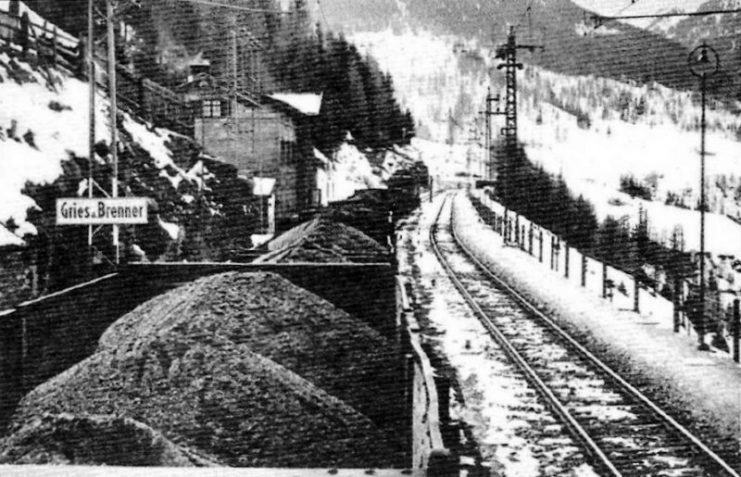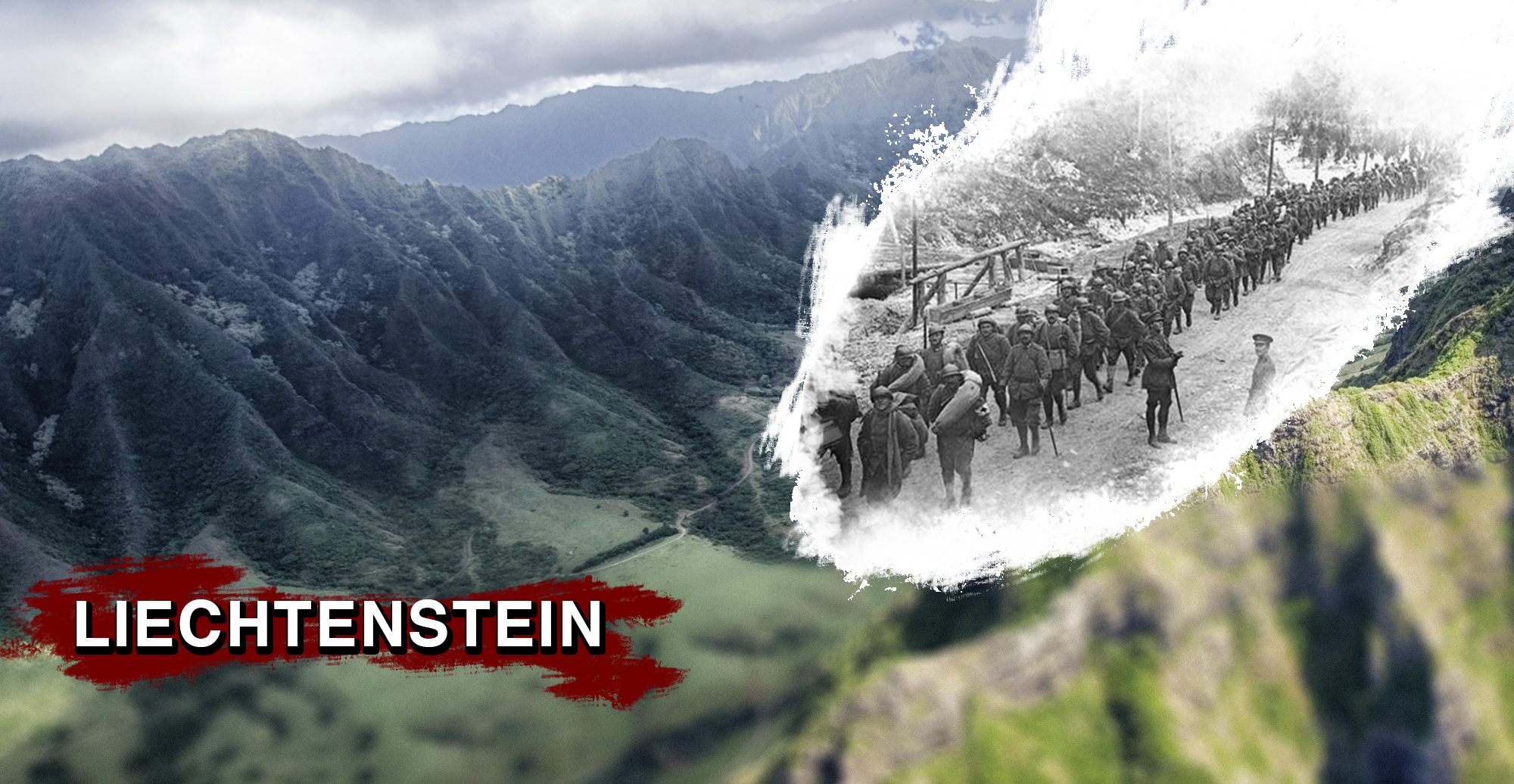Located between Switzerland and Austria, the country of Liechtenstein is one of the world’s smallest nations. Its current ruler, the constitutional monarch His Serene Highness Prince Hans Adam II, has a personal worth of five billion dollars, which is more than the country exports and imports per year.
The small German-speaking nation makes much money from tourism, but most tourists don’t stay long and are either in transit to Austria via Switzerland or vice-versa. Some just simply cross the border, get their passport stamped to say they’ve been there, and go back to one of the larger nations.
Most of Liechtenstein’s money comes from manufacturing, and it is the home to the large international company Hilti, which makes fastening systems and power tools. The country is increasingly the destination of foodies from all over the world, coming to enjoy the food products made on small farms all over the nation.
The thirty-seven thousand people of Liechtenstein are among the most well-off in the world, with a per capita income of nearly $140,000 a year.

Today, Liechtenstein has no military. It is not under any threat from its neighbors, and its small police force maintains order in a nation with one of the lowest crime rates in the world. The principality used to be under obligation to the old German Confederation to maintain an army, but that obligation ceased when the Confederation ceased to be, after many of the states in the Confederation united under Prussia to become Germany.
During WWII, Liechtenstein was officially neutral and entrusted its diplomacy to Switzerland, though it did struggle with a nascent Nazi party of its own during the war. Most Liechtensteiners wanted nothing to do with it. By 1943, the party was banned after much anti-Semitic agitation and attempted recruitment for the German Waffen-SS.

Liechtenstein’s history of admitting Jewish and other refugees is much like Switzerland’s. Some got in, many did not.
Though you may read accounts that say Liechtenstein sent a small contingent to serve in WWI on behalf of Austria-Hungary, this is untrue: its “army” of 80 men had been disbanded after the Austro-Prussian War of 1866. Liechtenstein’s part in that war provides one of the quirkiest chapters in military history.
The men of Liechtenstein’s army were sent to guard the Brenner Pass between Austria and Italy. There was really nothing to do but sit in the beautiful mountains, drink wine and beer, smoke a pipe and take it easy. When the army marched back to Vaduz, the Liechtensteiner capital, they had one more man than they had left with – an Italian soldier who defected to Liechtenstein in search of work.

Now, it should be known that there are variations on this story, none of which are substantiated. One has it that a Liechtenstein unit of fifty-eight men went out, and fifty-nine came back. The extra man was an Austrian liaison officer.
Another version has it the same way, except that the Austrian officer was actually ethnic Italian: totally possible in an age when Austria-Hungary was made up of hundreds of ethnic groups.
Some versions have it that the Liechtensteiners were enjoying themselves at the border, and the Italian soldier simply liked them, joined the group and decided to go home with them. Who knows, but I like to think that he made good friends with the strangers from a not so strange land, decided to go home with them and worked happily on a mountain farm for the rest of his life.
